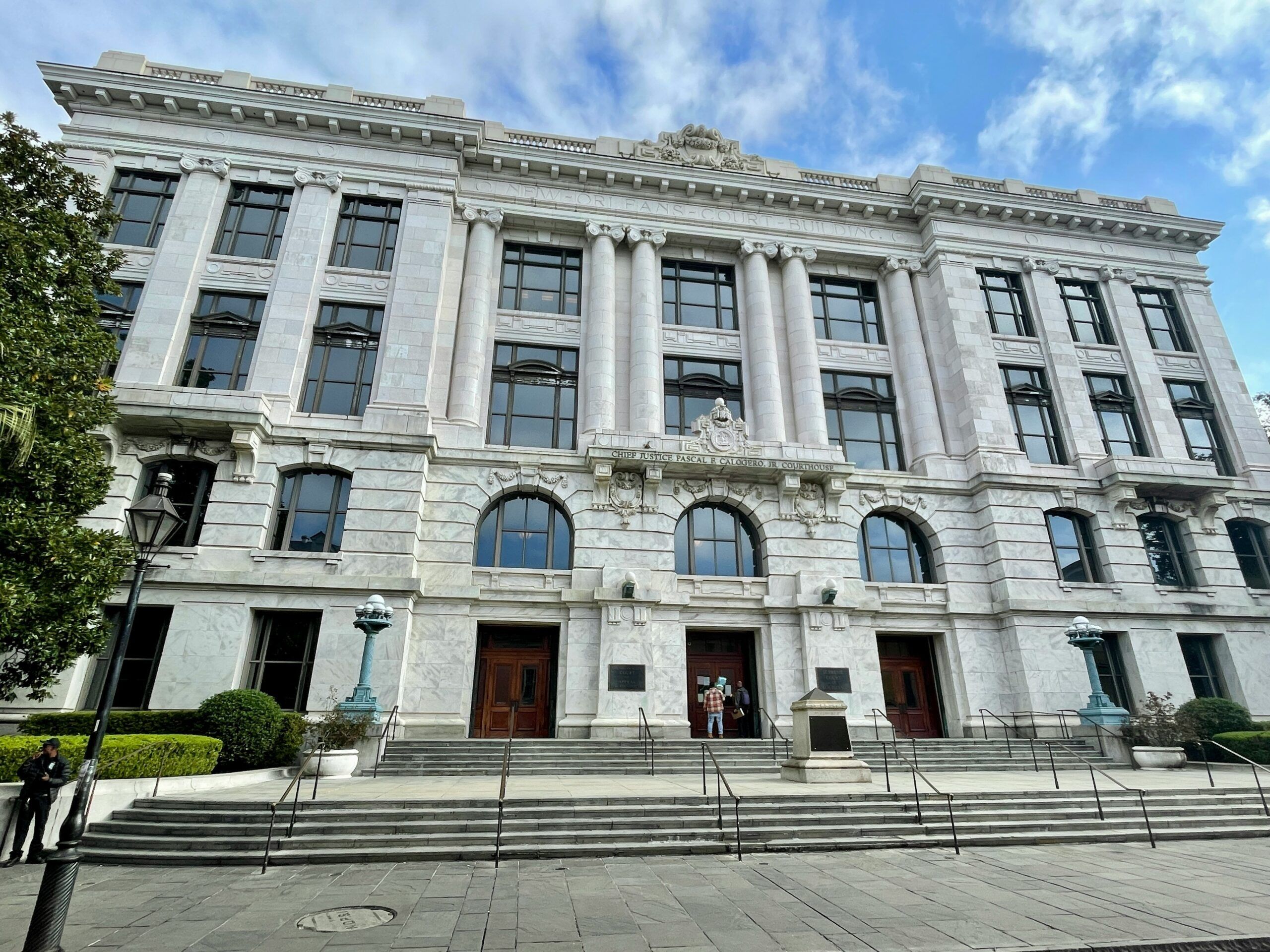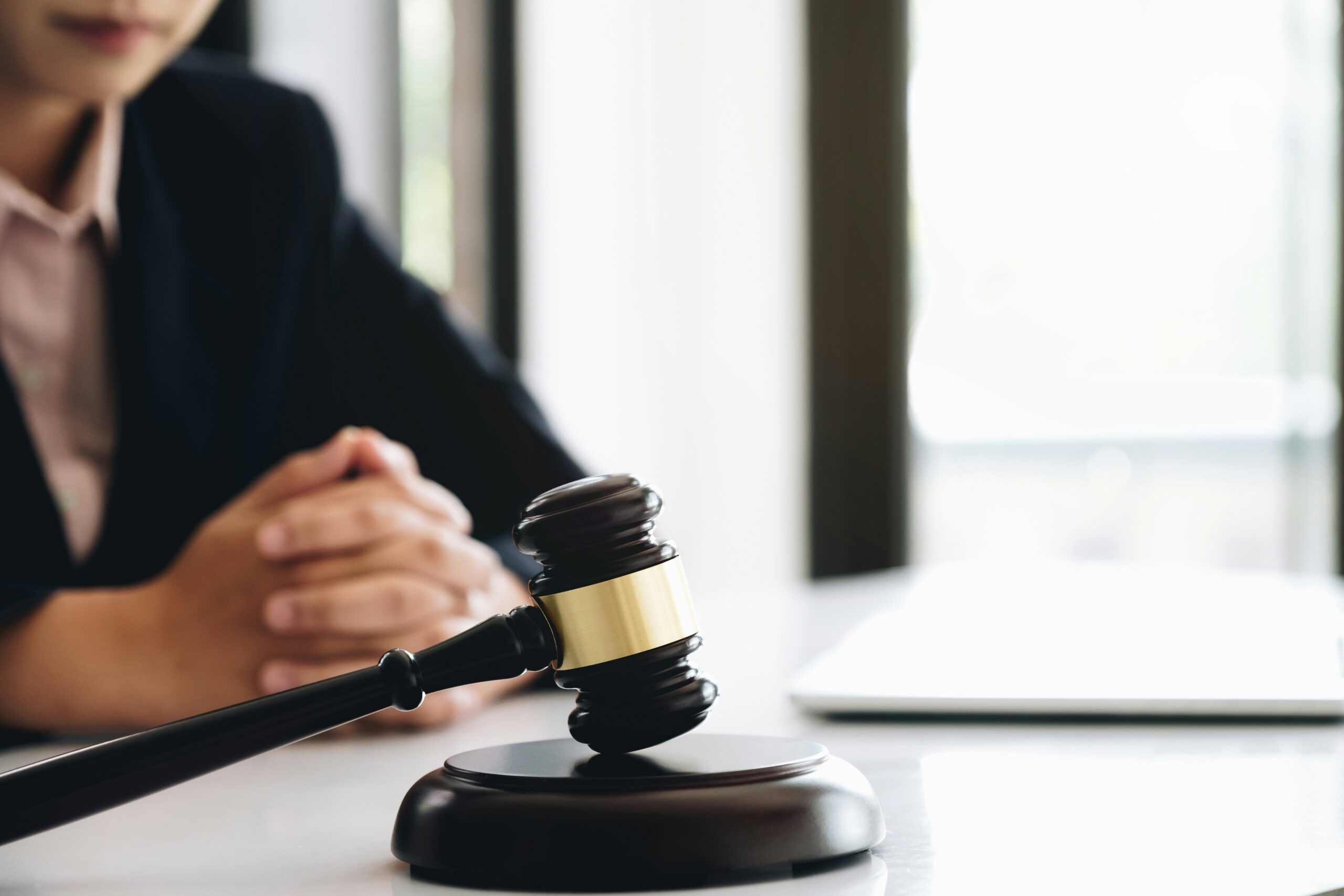Contents
- FEATURE ARTICLE: ABA Formal Opinion 508: Preparing Witnesses Ethically
- NEW AUTHORITY: When to Go?
- ETHICS & MALPRACTICE RESEARCH TIP: New Articles from The Current Index to Legal Periodicals
- A BLAST FROM THE PAST: A Lie, Acted or Spoken
EDITED BY: Professor Mike Hoeflich
PUBLISHED BY: Joseph, Hollander & Craft LLC
September 30, 2023
READ & DOWNLOAD FULL-TEXT PDF OF LEMR Vol. 4, No. 9
FEATURE ARTICLE: ABA Formal Opinion 508: Preparing Witnesses Ethically
Witness preparation is a critical step in litigation, but it can be one of the hardest skills for new lawyers to master. Failure to adequately prepare one’s witnesses can violate Rule 1.1 regarding competence, while providing too much guidance may violate other Rules of Professional Responsibility, such as Rule 3.4 on counseling a witness to provide false testimony to a court.
On August 5, 2023, the ABA Standing Committee on Ethics and Professional Responsibility issued Formal Opinion 508 to provide guidance on this important issue. The Opinion begins with a warning:
The distinction between legitimate witness preparation and guidance versus unethical efforts to influence witness testimony, a practice sometimes known as coaching, horseshedding, woodshedding, or sandpapering, can be ambiguous owing in large part to the concurrent ethical duties to diligently and competently represent the client and to refrain from improperly influencing witnesses. For purposes of this opinion, the term coach is used to signify unethical or ethically questionable conduct. The task of delineating what is necessary and proper and what is ethically prohibited during witness preparation has become more urgent with the advent of commonly used remote technologies, some of which can be used to surreptitiously “coach” witnesses in new and ethically problematic ways.
According to the Opinion, certain preparation methods are commonly accepted as ethical. . . .
NEW AUTHORITY: When to Go?
One of the most difficult things a person can face as they age is recognizing that one’s physical and mental abilities decline over time. For highly motivated professionals, like lawyers, it is often extremely difficult to know when the time has come to step back from active practice. For judges, it may be even more difficult, since they hold positions of even greater responsibility in our profession and in our society.
There are few things sadder than seeing a judge’s cognitive faculties decline while he or she refuses to recognize what is happening. It may be possible to hide these changes for a while; but, eventually, others will notice. Judges, in particular, are surrounded by clerks, court staff, lawyers, and others.
On September 20, 2023, the Judicial Council of the Federal District issued an order suspending a 96-year-old federal judge, Pauline Newman. Judge Newman had served for decades on the United States Court of Appeals for the Federal Circuit, one of the most important courts in the nation. There is no question that Judge Newman served with distinction throughout those decades. However, in recent years, a number of co-workers and other judges raised questions regarding her continuing mental fitness to serve. . . .
ETHICS & MALPRACTICE RESEARCH TIP: New Articles from The Current Index to Legal Periodicals
1. Jessica De Perio Wittman & Kathleen Brown, Taking on the Ethical Obligation of Technology Competency in the Academy: An Empirical Analysis of Practice-Based Technology Training Today, 36 Geo. J. Legal Ethics 1 (2023).
2. Justine Rogers, Legal Ethics Education: Seeking—and Creating—a Stronger Community of Practice, 36 Geo. J. Legal Ethics 61 (2023).
These are two useful articles on how law schools can strengthen legal ethics at the Bar.
A BLAST FROM THE PAST: A Lie, Acted or Spoken
A man may argue for any conclusion without asserting his belief; but when he adds to his argument gesticulations and expressions of emotion, he tells us of a conviction so pervading as to have extended from the region of the intellect to that of affections. We know now no difference between a lie acted and a lie spoken.
—David Mellinkopf, The Conscience of a Lawyer 225 (1973) (quoting The Jurist, No. 675—Vol. XIII, Dec.15, 1849, at 498).
READ & DOWNLOAD FULL-TEXT PDF OF LEMR Vol. 4, No. 9
About Joseph, Hollander & Craft LLC
Joseph, Hollander & Craft is a mid-size law firm representing criminal defense, civil defense, personal injury, and family law clients throughout Kansas and Missouri. From our offices in Kansas City, Lawrence, Overland Park, Topeka and Wichita, our team of 25 attorneys covers a lot of ground, both geographically and professionally.
We defend against life-changing criminal prosecutions. We protect children and property in divorce cases. We pursue relief for clients who have suffered catastrophic injuries or the death of a loved one due to the negligence of others. We fight allegations of professional misconduct against medical and legal practitioners, accountants, real estate agents, and others.
When your business, freedom, property, or career is at stake, you want the attorney standing beside you to be skilled, prepared, and relentless — Ready for Anything, come what may. At JHC, we pride ourselves on offering outstanding legal counsel and representation with the personal attention and professionalism our clients deserve. Learn more about our attorneys and their areas of practice, and locate a JHC office near you.












